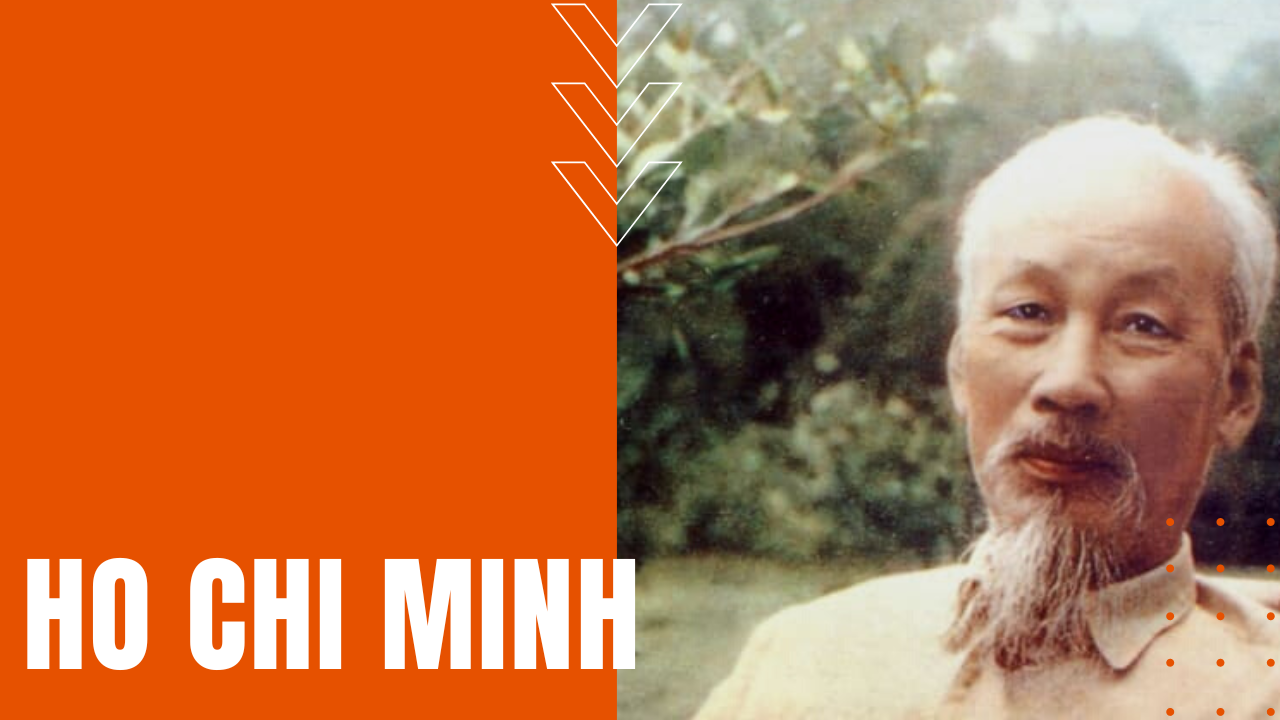Ho Chi Minh: Life, Communism, and Freedom for Vietnam

Born in 1890 central Vietnam, as a young man, Ho Chi Minh found work as a chef on a French steamer, spending several years traveling to Africa, the United States and Europe, settling in France by 1919, where he organized a group of Vietnamese ex-pats to petition delegates at the Versailles Peace Conference for improved human rights under Vietnam’s French Imperialist overlords in Southeast Asia.
Minh Joins Communist Party
Inspired by Vladimir Lenin’s Bolshevik Revolution, Minh joined the Communist Party in 1920, founding the Hong Kong-based Indochinese Communist Party in 1930, before traveling to Russia, Brussels, Paris and Thailand as a representative for an international Communist organization.
During World War Two, Minh returned to Vietnam, organizing the Viet Minh Party or League for the Independence of Vietnam. Attempting to seek financial aid from China, Minh was thrown in prison for 18 months by Chiang Kai-Shek’s anti-Communist government. Following Japan’s surrender and withdrawal from Vietnam in 1945, Viet Minh forces seized the northern city of Hanoi, where Minh was declared president of the new Democratic State of Vietnam.
War would break out in late 1946, after a French cruiser opened fire on the town of Haiphong, leading to years of guerrilla-style warfare during the First Indochina War, until France’s decisive loss at the 1954 Battle of Dien Bien Phu. The Americans were next in the Cold War battle against Communist expansionism, sending the first aid and military troops into South Vietnam by late 1961.
Ho Chi Minh’s Impact
Known as “Uncle Ho” to his people, after Minh stepped down as party secretary-general to take on more war-planning, behind-the-scenes activities, when American air strikes escalated substantially in 1965 and 1966, Minh sent an open letter to the people of Vietnam, stating that:
“Nothing is as dear to the heart of the Vietnamese as independence and liberation,”
Ho Chi Minh
which soon became the motto for the North Vietnamese cause.
He passed away from a heart attack on September 2nd, 1969, four-and-a-half years before the Fall of Saigon, making Ho Chi Minh an essential figure in Vietnam’s push for independence.
